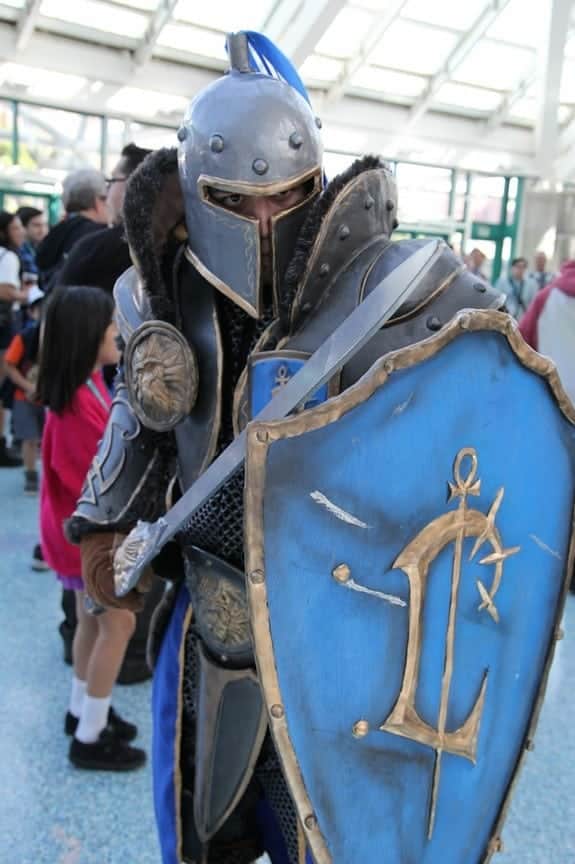The Federal Circuit has affirmed a lower court’s striking of an expert’s report on patent infringement, on the basis that it was materially different from the claim construction agreed to by the parties.
Treehouse Avatar LLC owns a U.S. Patent (“the ’858 Patent”) for a method of collecting data from an information network in response to user choices of a plurality of users navigating character-enabled network sites on the network.
The issue before the court concerned the meaning of the term “character-enabled (CE) network sites” (“CE limitation”), which appears in claims 1 and 21 of the patent. For example, Claim 1 says:
A method of collecting data from an information network in response to user choices of a plurality of users made while accessing said information network and navigating character-enabled (CE) network sites on said information network, said method comprising:
storing a plurality of character data in a database accessible by said CE network site;
storing a plurality of character-attribute data in said database;
linking the character attribute data with one or more of the character data…
Valve Corporation owns the two video games that Treehouse claimed infringed the patent: Dota 2 and Team Fortress 2 (“TF2”).
As the court explained,
Dota 2 is a multiplayer team-based game where the teams try to destroy the other’s base, and TF2 is a team-based first-person shooter game. … To play either game, a user downloads the software onto the user’s own computer. The download contains data, including images, sounds, text, and characters or “heroes.” …. A user can select from heroes with varying combat abilities and customize their hero’s appearance by purchasing clothes or weapons for them. … Valve or third parties can create these additional items that can be purchased over the Internet through Valve’s online marketplace.
The parties adopted an interpretation of the CE limitation that the Patent Trial and Appeal Board (PTAB) reached in a previous inter partes review.
Valve had contended that the CE limitation means “encompassing ‘network sites that are able to present a character, object, or scene.’”
Treehouse, on the other hand, asserted that the correct interpretation of the CE limitation was “software operating on a server accessible by one or more user interfaces, wherein said server provides to a user interface audio presentations and/or visual image presentations tailored to the ‘persona’ of a character, as defined by a network user.”
Neither party argued before the PTAB that the plain and ordinary meaning of the CE limitation should apply.
The PTAB construed the CE limitation to mean “a network location, other than a user device, operating under control of a site program to present a character, object, or scene to a user interface.”
The parties asked the district court to adopt this PTAB construction.
Treehouse’s infringement expert, Mr. Friedman, then submitted a report that applied the plain and ordinary meaning for the CE limitation rather than this agreed-upon construction.
Valve filed a motion to strike the expert report, for ignoring the agreed-upon construction, and the district court granted the motion.
The Federal Circuit agreed that this was proper:
We conclude that the district court did not abuse its discretion in striking expert testimony that did not rely upon the parties’ own agreed-upon construction and that the court adopted….
When the court has adopted a construction that the parties requested and agreed upon, any expert theory that does not rely upon that agreed-upon construction is suspect. Here, Mr. Friedman’s report undisputedly applied the “plain and ordinary meaning” of the CE limitation, not the parties’ agreed-upon construction. … Under these circumstances, Treehouse has failed to demonstrate that the district court abused its discretion by striking portions of Mr. Friedman’s report that did not rely on the claim construction agreed to by the parties. Accordingly, the district court did not abuse its discretion in granting Valve’s motion to strike portions of Mr. Friedman’s report.
Just like the haiku above, we like to keep our posts short and sweet. Hopefully, you found this bite-sized information helpful. If you would like more information, please do not hesitate to contact us here.


